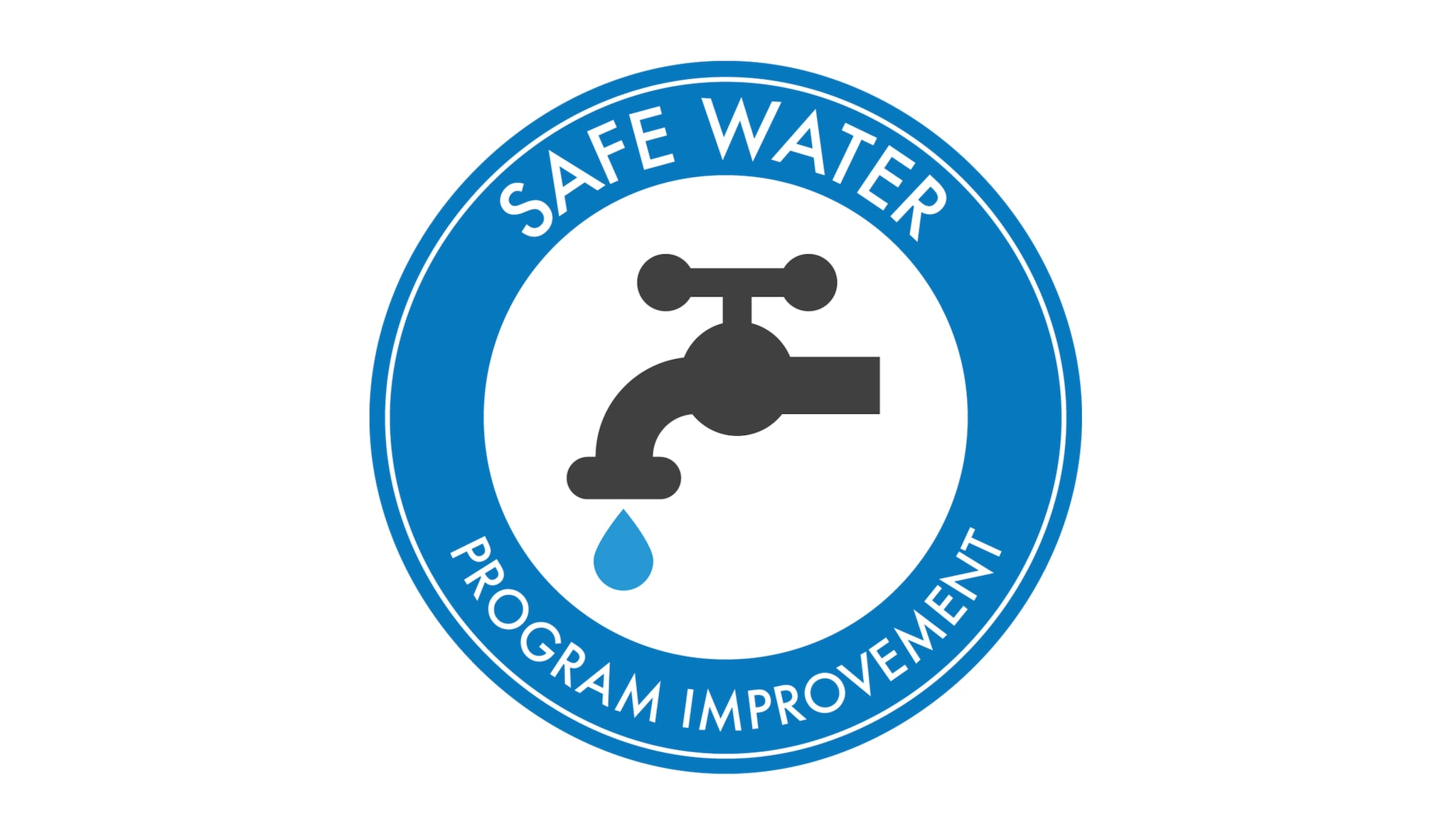What to know
Health departments: Take our online training for safer well water through stronger public health programs. Learn how to improve your private drinking water program and strengthen services to people who use wells and other private drinking water sources.

Get started
- Register through the Tulane PACE learning management system or TRAIN.
- Select the course to get started.
Benefits of the training
- It's free and flexible: Take the courses you want, when you want in this online program.
- It's practical: Improve drinking water in your community by improving your program.
- It's strategic: Gain experience with the framework used in health department accreditation as you take steps to improve your program.
SWPI helps health department programs strengthen services to people who use wells, cisterns, springs, and other private drinking water systems not covered by the Safe Drinking Water Act.
Oversight for these systems vary, but core elements of successful, sustainable programs are similar. SWPI walks through a performance improvement approach to identifying and filling program gaps in these types of drinking water programs.
Training length and scope
SWPI includes 9 courses. For pilot testers, the average time to finish the courses ranged from just over 1 hour for the shortest course to just over 2 hours for the longest.
Take all of the SWPI courses, or pick and choose (the first one is required, then you can take courses in any order). We recommend taking courses in order for the greatest benefit:
- 101 – Introduction: the 10 Essential Environmental Public Health ServicesA and unregulated drinking waterB programs
- 102 – Assessment: monitor health
- 103 – Assessment: diagnose and investigate
- 104 – Policy development: inform, educate, empower, and mobilize
- 105 – Policy development: policies and plans
- 106 – Assurance: laws and regulations
- 107 – Assurance: linking people to services
- 108 – Assurance: assuring a competent workforce
- 109 – Assurance: evaluation and research
Feedback
What pilot testers say
We tested this course among drinking water and other environmental health staff:
- More than 4 out of 5 identified specific actions they could take in their job as a result of SWPI.
- 9 in 10 said they would recommend SWPI to a colleague.
Training creators
Several groups and individuals worked together to create this training series. CDC's National Center for Environmental Health collaborated with the National Network of Public Health Institutes, Texas Health Institute, Tulane University, the National Environmental Health Association, and additional subject-matter experts in performance improvement and drinking water.
Learn more
Explore how environmental public health programs deliver the 10 Essential Public Health Services and find examples of activities that could contribute to health department accreditation or reaccreditation.
- This training uses the 10 Essential Environmental Public Health Services, a set of actions adapted from the 10 Essential Public Health Services. We now focus on applying the 10 Essential Public Health Services to environmental public health practice rather than having a separate set of essential services specific to environmental health programs.
- Unregulated drinking water refers to private wells, cisterns, springs, and other drinking water sources not covered by the federal Safe Drinking Water Act (which outlines standards for protecting public water supplies). Some of these systems may be covered by state or local regulations.
